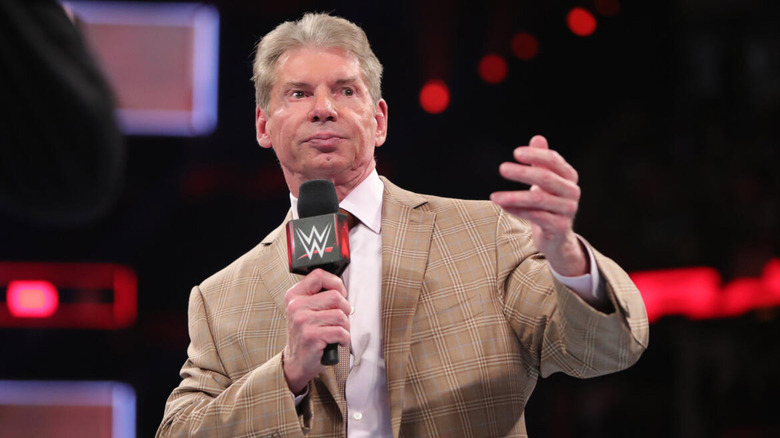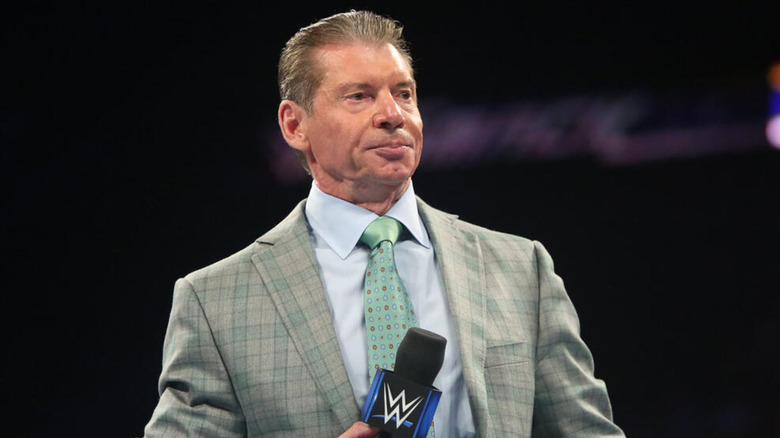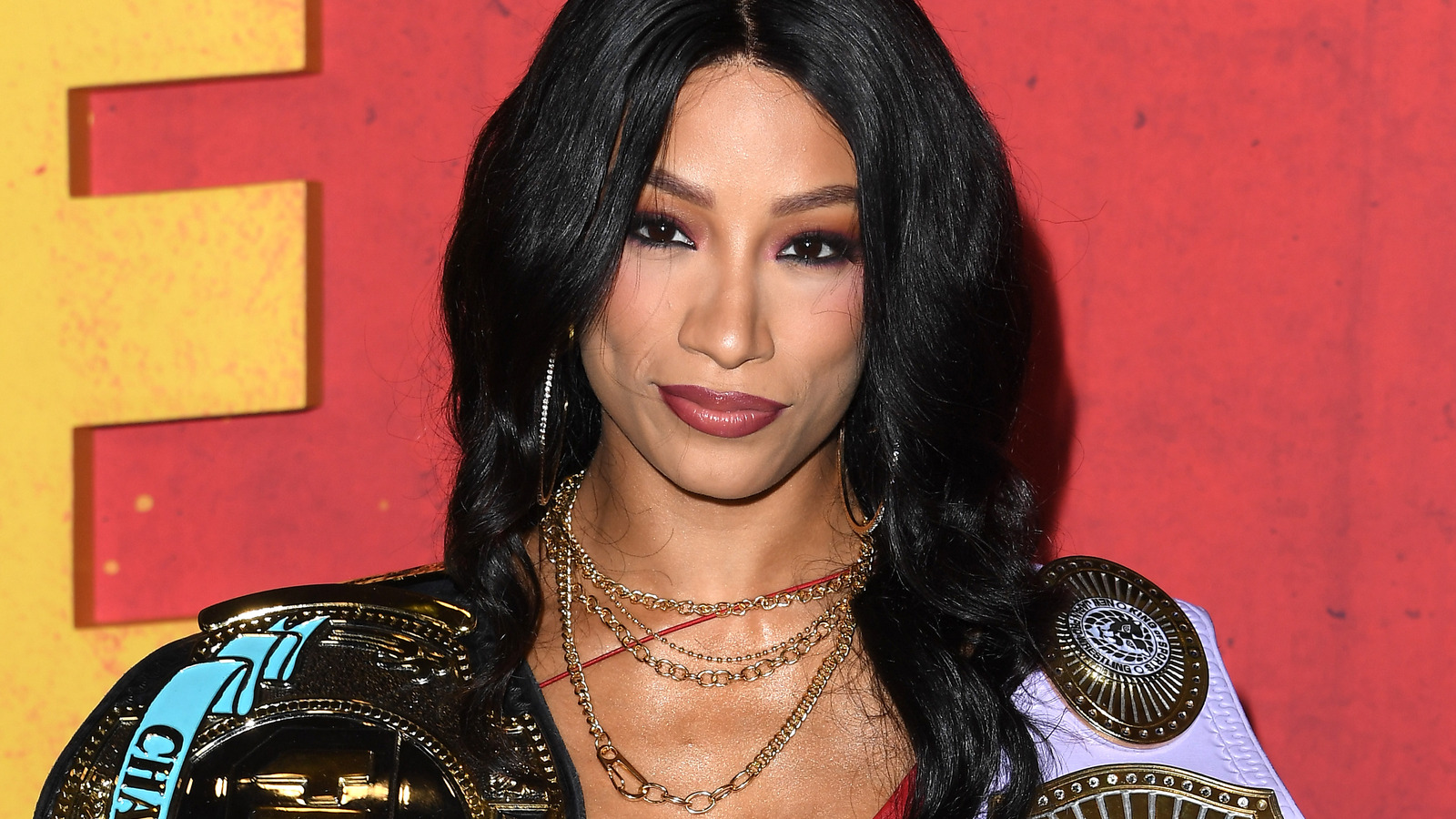ARTICLE AD
 



WWE
WWE Hall of Famer Eric Bischoff praised the narration of the opening dialogue in an episode of the "Mr. McMahon" docu-series on Netflix, describing the moment as "powerful as hell."
The dialogue that Bischoff is referring to from the series is the opening few lines uttered by Heyman in episode 5 of the "Mr. McMahon" docu-series. It discussed McMahon's childhood years, when he suffered physical abuse at the hands of his stepfather, while he was also subjected to sexual abuse, which he had detailed in his interview with "Playboy" magazine. In the docu-series, Heyman stated that McMahon "rebelled" against the abuse he suffered by later "creating an atmosphere in which he is untouchable and invulnerable to outside forces."
Advertisement
"That opening dialogue, narrative with Paul Heyman was powerful as hell. Paul is amazing. I don't know that anybody could have delivered those thoughts with ... [as] artfully and colorfully, frankly, as Paul Heyman did. There's a reason Paul Heyman's in the position that he's in, and we got a close look at it right there," Bischoff said on his "83 Weeks" podcast.
Bischoff stated that even before the controversies surrounding McMahon, he often wondered what made McMahon tick. The former WCW President emphasized that he hasn't met anyone else with more focus, intensity, and commitment than McMahon. But, McMahon was also difficult to understand to many, including Bischoff.

Bischoff on the baggage McMahon carried of his past

 



WWE
Eric Bischoff addressed a comment Vince McMahon made in the docu-series about not respecting those who make excuses for how they grew up. He believes that the abuse McMahon suffered may have caused psychological damage that he carried with him for years.
Advertisement
"It's interesting to hear Vince say, 'Well, I don't like ... I have no respect for people that make excuses for their environment or the way they grew up.' I'm sure that maybe in Vince's mind [it is] a badge of honor for him or something that he's proud of that he was able to overcome that, and rightfully so. But I wonder if he understands the damage — the kind of psychological damage that children, particularly at such young ages, 6, 8, 10, 12, at any age, but that age is such an important age. To go through, even if he embellished half of it, there's still a lot of hot mustard on that sandwich. What he went through — again, even if half of it is true — you can understand why the adult may be carrying around some baggage that he doesn't quite understand," said Bischoff.
Advertisement
While reviewing another episode of the docu-series, Bischoff noted similarities between the abuse McMahon suffered and the abuse he witnessed his father inflicted on his mother and siblings. McMahon previously claimed that he would have killed his stepfather, had he not died, due to the abuse he suffered from him.


 1 month ago
15
1 month ago
15 

